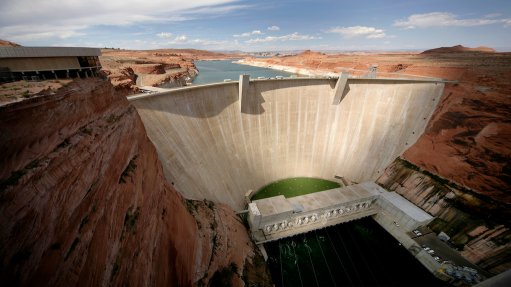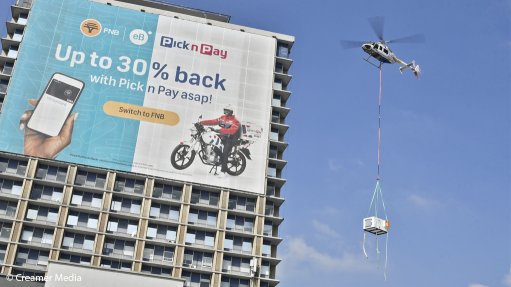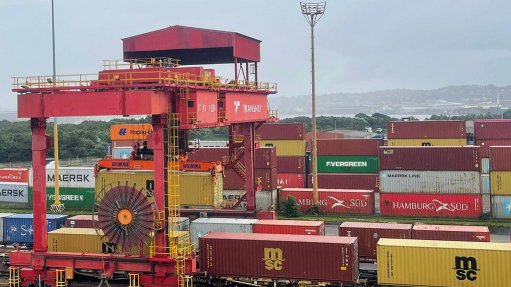Solar & battery LEGAL COMPLIANCE in community living schemes
This article has been supplied.
Plugged in and playing by the legal compliance rules
When sectional title schemes go solar
The rules can be tricky for sectional title schemes wanting to join the burgeoning renewable energy trend.
Residential solar installations in South Africa have surged in the past five years, driven by both the unreliability and rocketing cost of Eskom power.
Eskom hiked its rates by 9.61% in 2022, 18.65% in 2023, 12.72% in 2024 and 12.75% at the beginning of April, this year. In 2023, thanks to loadshedding, lights were off for 1 750 hours: very nearly 20% of the time. And the threat of loadshedding is ever-present, despite increasing Eskom power bills.
Rooftop solar installations grew around 350% in 2023 and last year, according to the SA Photovoltaic Industry Association, the nation added another 8.97MW of solar power generating capacity to its rooftops.
Switching to solar is a smoother journey for some than for others. For those living in sectional title schemes, the road can be complex: entangled in a web of legal requirements and compliance hurdles that must be carefully navigated.
That said, going solar in a sectional title scheme doesn’t have to be a legal minefield. With the right approach and proper due diligence, the process can be both efficient and fully compliant, ensuring every “T” is crossed and every “I” is elegantly dotted.
Here’s advice from an expert: Matthew Kapp, legal manager and one of 20 expert sectional title attorneys on the team at Sectional Title Solutions.
“Any solar or battery installation in a sectional title scheme usually involves changes or upgrades to shared, common property: things like rooftops, carport structures and metering systems,” Kapp says. “Body corporates must comply with the law as set out in the Sectional Titles Schemes Management Act and the Prescribed Management Rules.”
Start with one key question, he says: is the installation reasonably necessary?
This question is the legal fork in the road, for if the solar/battery installation is considered reasonably necessary (i.e. vital for cost control or ensuring stable electricity supply), deciding to install and proceeding is relatively simple and straightforward. If not deemed to be reasonably necessary, things get trickier, thornier and way more difficult.
In “reasonably necessary” scenarios (which almost all solar installations are, given the rising cost of electricity and the dire state of South Africa power supply infrastructure), body corporates must make sure all owners are notified of the proposal to install a solar and battery system. Owners must be given 30 days to respond to this information. The notice must set out the estimated costs associated with the proposed installation; details of how the body corporate intends meeting those costs; and a motivation showing the effect and need for the installation.
If nobody objects, the installation is good to go. Put the bubbly on ice and look forward to years and years of hassle-free, uninterrupted supply and cost savings.
If, on the other hand, objections are received, the project must be approved at a general meeting by way of a special resolution where 75% of owners (by value and by number) must vote in favour of the installation. Get this 75% of votes, Kapp says, and you’ve got the go-ahead. Fall short, and it’s back to the drawing board (and to dodgy power supply by the national grid).
What about installations deemed to be not reasonably necessary? In these cases, a unanimous resolution is needed to green-light the project.
There are two ways to get this unanimous resolution. First, by written vote – in which every single owner must vote “yes”; and second, through holding a general meeting that must be attended by at least 80 percent of owners, with all of them in attendance voting in favour of the installation.
Kapp breaks it down further: “There’s no doubt that most if not all, solar and battery installations should be treated as reasonably necessary improvements. Given the steeply escalating cost of electricity, the threat of loadshedding and the precarious state of the national power grid, alternate and clean energy sources are now a necessity, not a luxury. Making the case for ‘reasonably necessary’ is not difficult.”
Navigating the legal and compliance landscape of solar and battery installations in sectional title schemes can be tough. But it doesn’t have to be daunting. Kapp’s final word of advice: “Get a specialist sectional title attorney on your side to ease the journey to community living solar and to secure the peace of mind that comes with knowing your installation is both legally sound and efficiently managed.”
Comments
Press Office
Announcements
What's On
Subscribe to improve your user experience...
Option 1 (equivalent of R125 a month):
Receive a weekly copy of Creamer Media's Engineering News & Mining Weekly magazine
(print copy for those in South Africa and e-magazine for those outside of South Africa)
Receive daily email newsletters
Access to full search results
Access archive of magazine back copies
Access to Projects in Progress
Access to ONE Research Report of your choice in PDF format
Option 2 (equivalent of R375 a month):
All benefits from Option 1
PLUS
Access to Creamer Media's Research Channel Africa for ALL Research Reports, in PDF format, on various industrial and mining sectors
including Electricity; Water; Energy Transition; Hydrogen; Roads, Rail and Ports; Coal; Gold; Platinum; Battery Metals; etc.
Already a subscriber?
Forgotten your password?
Receive weekly copy of Creamer Media's Engineering News & Mining Weekly magazine (print copy for those in South Africa and e-magazine for those outside of South Africa)
➕
Recieve daily email newsletters
➕
Access to full search results
➕
Access archive of magazine back copies
➕
Access to Projects in Progress
➕
Access to ONE Research Report of your choice in PDF format
RESEARCH CHANNEL AFRICA
R4500 (equivalent of R375 a month)
SUBSCRIBEAll benefits from Option 1
➕
Access to Creamer Media's Research Channel Africa for ALL Research Reports on various industrial and mining sectors, in PDF format, including on:
Electricity
➕
Water
➕
Energy Transition
➕
Hydrogen
➕
Roads, Rail and Ports
➕
Coal
➕
Gold
➕
Platinum
➕
Battery Metals
➕
etc.
Receive all benefits from Option 1 or Option 2 delivered to numerous people at your company
➕
Multiple User names and Passwords for simultaneous log-ins
➕
Intranet integration access to all in your organisation




















